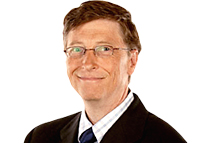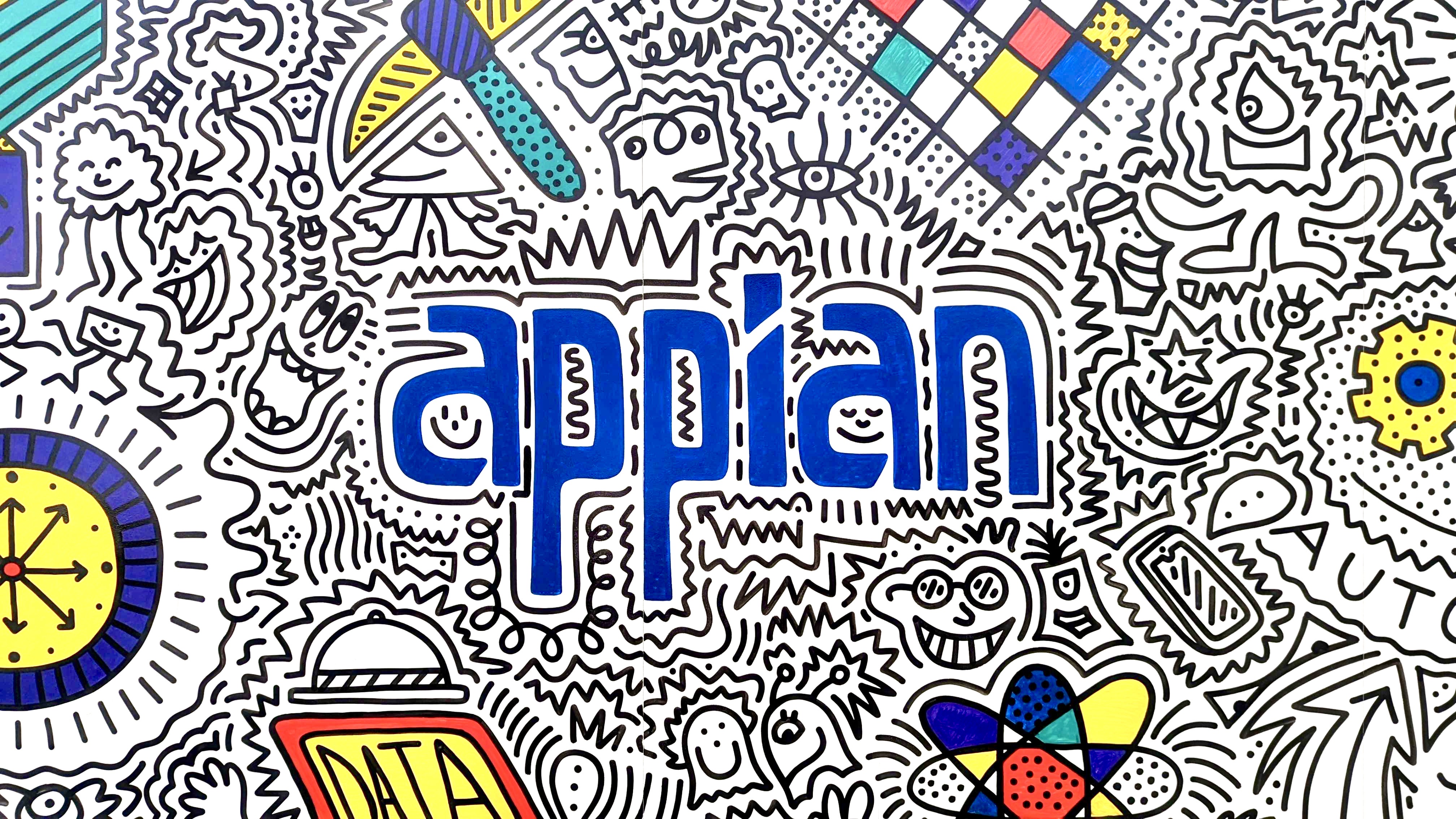Bill Gates talks wearable tech, education and social media
"Software has only achieved a very small portion of what we want it to do," claims Microsoft co-founder.

Sign up today and you will receive a free copy of our Future Focus 2025 report - the leading guidance on AI, cybersecurity and other IT challenges as per 700+ senior executives
You are now subscribed
Your newsletter sign-up was successful
Microsoft chairman Bill Gates took the stage at the firm's 2013 Faculty Summit and gave his thoughts on a number of subjects, ranging from the importance of software to education systems and social media.
Gates proclaimed that we are in a "golden age of computing" and - being a software pioneer - claimed that code was at the heart of advances.
"The progress we'll make in the next five and 10 years will be really unbelievable even our friends in the hardware industry are giving us better screens, better sensors things that let us exercise the magic of software," he told attendees.
"Software has only achieved a very small portion of what we want it to do and even what we need it to do. If you look at things like climate modelling and energy innovation, so much that this field has to contribute to solving broad science problems."
The Microsoft co-founder also had some interesting thoughts on a range of issues, including wearable computing, digital currency, social media and the problems facing developing countries.
Wearable technology
With seemingly all the Silicon Valley giants - from Apple through to Microsoft - developing some form of wearable device, Gates was inevitably asked about the benefits such products could bring, specifically in the education space.
Sign up today and you will receive a free copy of our Future Focus 2025 report - the leading guidance on AI, cybersecurity and other IT challenges as per 700+ senior executives
Whilst he welcomed the creation of devices such as smartwatches, he suggested the benefits are yet to be seen, quipping that the only thing he could see students using it for is to cheat in exams.
"I think wearable technology is a very cool thing, but I don't couple it too much to education. I think the way you'll be able to review what you've learned, have the system understand the state of your knowledge, that's a very good thing, but I'm not sure how I connect that to wearable," he said.
Digital currency
Gates gave an example of how digital currency is taking off in developing countries such as Kenya, and having a positive impact on people's lives.
"The [Kenyan] economy is moving to digital currency it's amazing once it gets to critical mass, it's like credit cards or debit cards. [You can] transfer person-to-person and we can instrument what's going on with the economy in a way that wasn't possible in a currency-based approach. Lots of innovative products are coming out that serve the very poorest."
However, with digital payments there is always the concern about the centralisation of details and how the information is used something which Gates acknowledged needs to be figured out.
"Digital currencies are attributable and there's a tonne of laws about cash transfers ...that's actually quite painful for these systems to implement. But there are going to be political decisions and policies that go around these things."
Education
Having dropped out of Harvard to start Microsoft, unsurprisingly, Gates hinted that he's the biggest fan of the education system in its current form.
"To some degree, going to a four-year University and getting a degree isn't as much about what you learn in that experience as it is a badge that you're a certain type of person that's organised, and you like to achieve things, and like to be measured in terms of what you're doing. So employers, look at that and say: OK that person's is very employable'."
That's not to say that he completely discounts the value of a university qualification, especially with his own daughter about to embark on a degree. Gates takes the view that people should choose subjects they have enthusiasm and passion for, and then get a thorough grounding.
"I'm a big believer that you ought to have at least one or two subject areas that you actually know something about in a pretty deep way. Like everyone should know about machine language of course!"
Social media
Gates sees social media as a positive force in the world, but - despite the worldwide use of sites like Facebook and Twitter - claims it hasn't reached its potential.
"Communication is a good thing and social media is a form of communication," he said.
"People can make fun of it [social media] because a lot of it is used for what my cat had for breakfast'-type things, but I think of it in a more broader context, which is the enrichment of communications for people who have common interests. Social media will be profound in terms of people getting advice about their life and learning different things, [but] it's not at that level yet."
Malnutrition and disease
Interestingly, Gates also suggested the biggest factors preventing developing countries from moving forward are not the lack of resources or work ethic, but in fact malnutrition and disease.
"In poor countries about 40 per cent of kids (because of bad nutrition) or disease, their brain never develops and so they're not able to become literate and contribute and give back [to society]. Average IQ in sub-Saharan Africa is about 82 and that's nothing to do with genetics or race that's what disease does to you and that's why those things are such a poverty trap," he suggested.
"If you have kids with ill health, their brains don't develop also parents want to have very high chance of two kids growing up to support them in adulthood so they just have more children. So you get high population growth where there is high children death rate, which is the opposite of what you might think."
He suggested the progress of the poorest two billion in the world is dependent on "computer science software-driven advances" which can help to address health and agriculture issues.
-
 ITPro Best of Show NAB 2026 awards now open for entries
ITPro Best of Show NAB 2026 awards now open for entriesThe awards are a fantastic opportunity for companies to stand out at one of the industry's most attended shows
-
 Mistral CEO Arthur Mensch thinks 50% of SaaS solutions could be supplanted by AI
Mistral CEO Arthur Mensch thinks 50% of SaaS solutions could be supplanted by AINews Mensch’s comments come amidst rising concerns about the impact of AI on traditional software
-
 This tech company wants to pay staff to look after their mental and physical wellbeing
This tech company wants to pay staff to look after their mental and physical wellbeingNews Hot on the heels of its four-day week trial, tech company Thrive is offering staff new incentives to take care of their mental and physical wellbeing.
-
 The creator effect: Shaping the future of travel
The creator effect: Shaping the future of travelWhitepaper The way forward for the travel sector
-
 Enterprises are doubling down on IT optimization strategies – and it’s delivering huge financial returns
Enterprises are doubling down on IT optimization strategies – and it’s delivering huge financial returnsNews Organizations that have cracked IT cost optimization and innovation reap the rewards both financially and in terms of time to market.
-
 Unlock the potential of LATAM’s booming crypto market
Unlock the potential of LATAM’s booming crypto marketwhitepaper Strategic pathways for crypto companies looking to expand into Latin America
-
 The online cash revolution
The online cash revolutionwhitepaper Why adding eCash to the checkout unlocks more growth
-
 How payments support the growth of software platforms
How payments support the growth of software platformswhitepaper Discover how Paysafe can help drive the growth and success of your software platform
-
 Appian wants to be the AI company for AI skeptics
Appian wants to be the AI company for AI skepticsAnalysis The firm outlines its AI strategy at Appian World 2023 while using ChatGPT and Midjourney to create scripts and imagery for keynote presentations
-
 How digital marketing will evolve beyond social media
How digital marketing will evolve beyond social mediaIn-depth Twitter's ongoing destabilisation proves businesses can't rely on social media for digital marketing forever